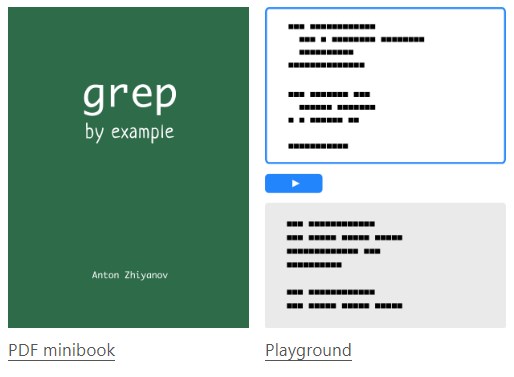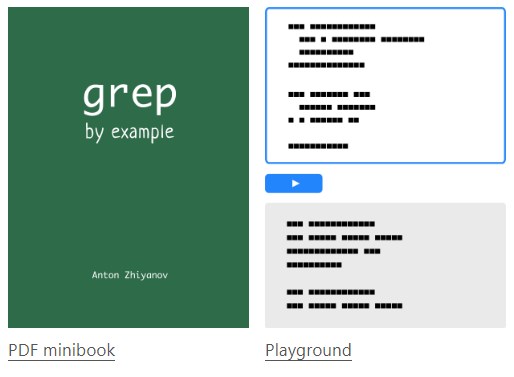These days, you can’t throw a USB stick without hitting something that’s running Linux. It might be a phone, an embedded device, or your TV. Either way, it’s running Linux, and somewhere along the line of the development of whatever your USB stick smacked into, somebody used the Global Regular Expression Print utility- better known as Grep. But what is Grep, and why do you need it? [Anton Zhiyanov] not only answers those questions but provides Grep by example: Interactive Guide to help you along.

To understand Linux, one must understand its commercial predecessor, Unix. One of the things that made Unix (and then Linux) unique was its philosophy: Write programs that work together, do one thing well, and handle text streams. This philosophy describes a huge number of programs, and one of these programs is Grep. It’s installed everywhere there’s a *nix installed, and once one becomes familiar with it, their command-line-fu reaches an all new level.
At its core, Grep is simply a bloodhound. It’s scent? A magical incantation called Regular Expressions. Regular Expressions (aka Regex) are simply a way of describing what a stream of text should look like. So when you feed Grep a bit of Regular Expression, it Prints only the text that matches that expression. Neat, right?
The trouble is that Regex can be kind of hard, and Grep has various versions and capabilities that need to be learned. And this is where the article shines- it covers both in an excellent interactive tutorial that’ll help you become a Grep Guru in no time. And if you want to do a deeper dive, check out what it takes to make your own Regex Engine from scratch!












